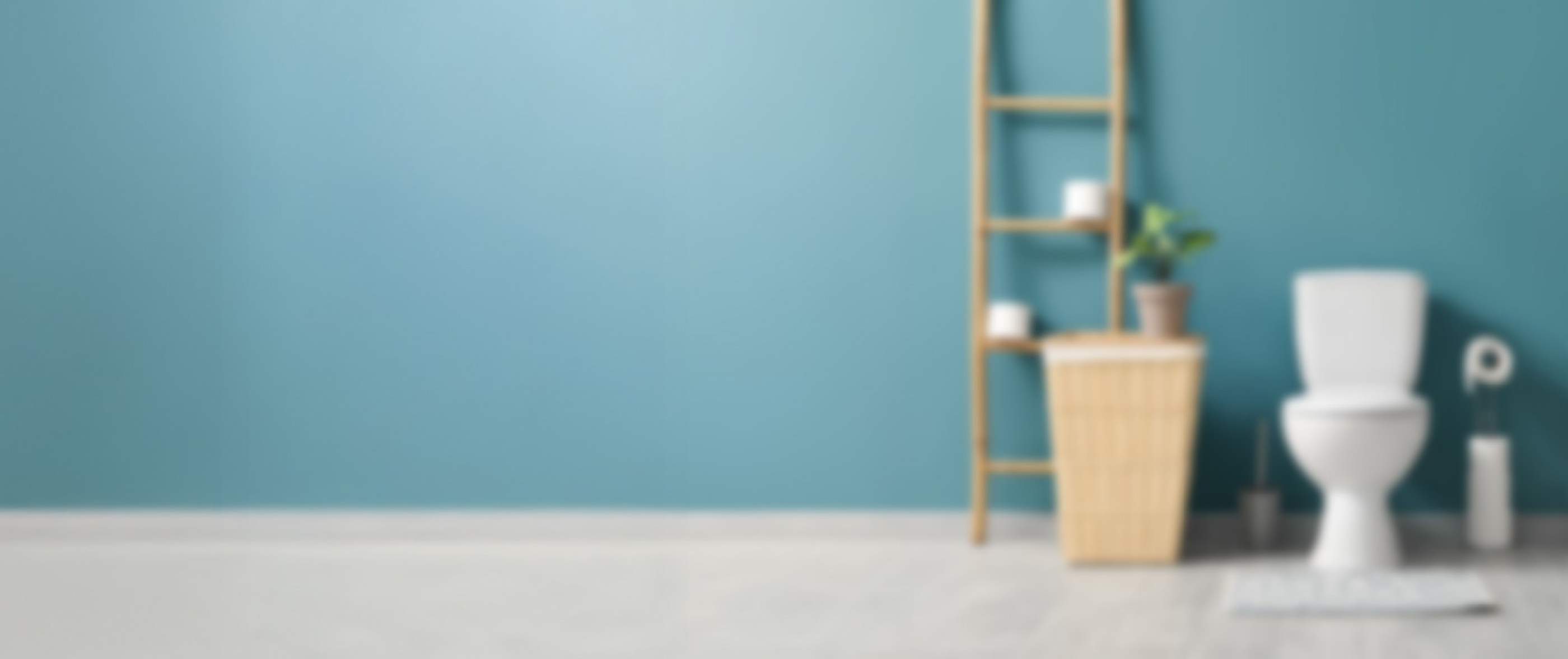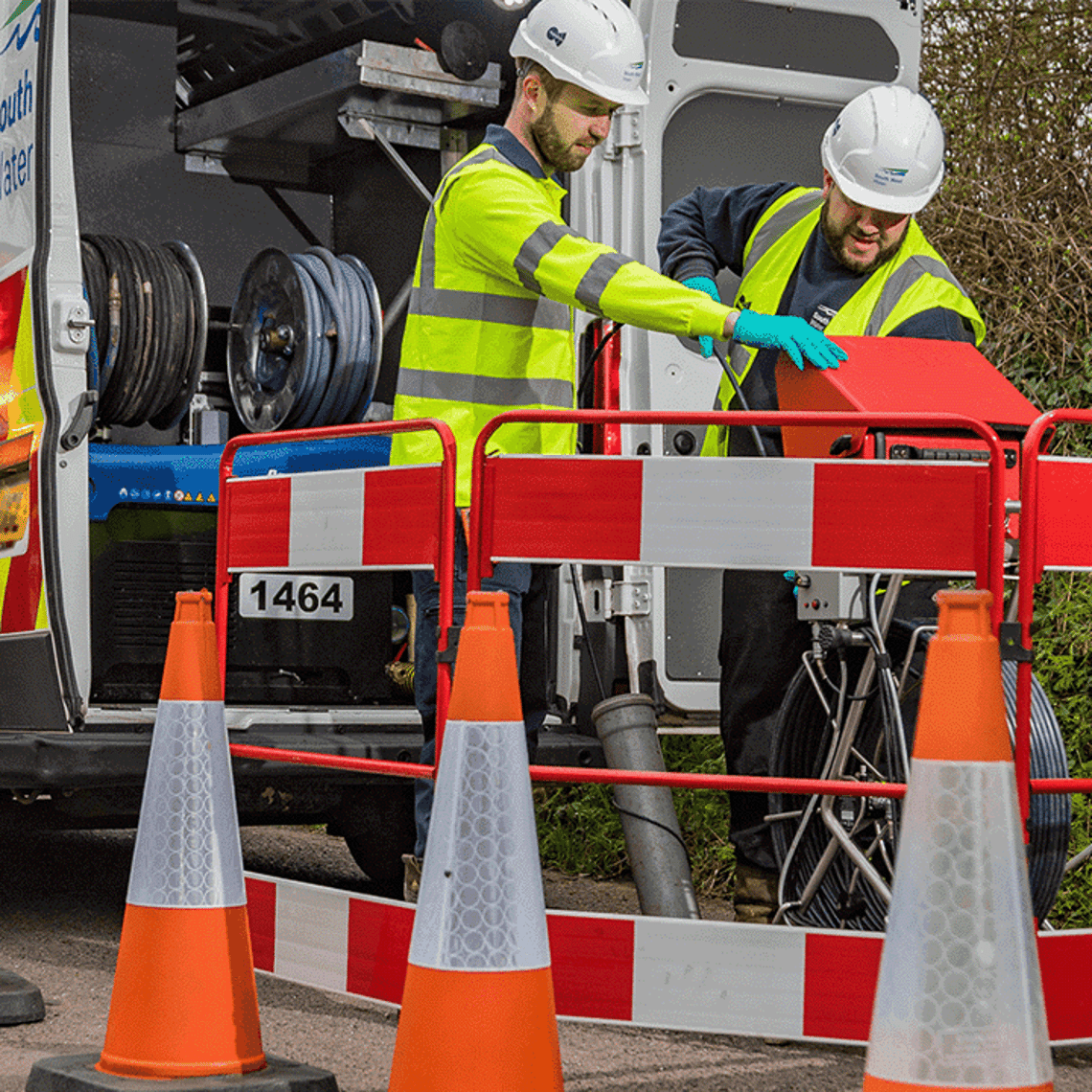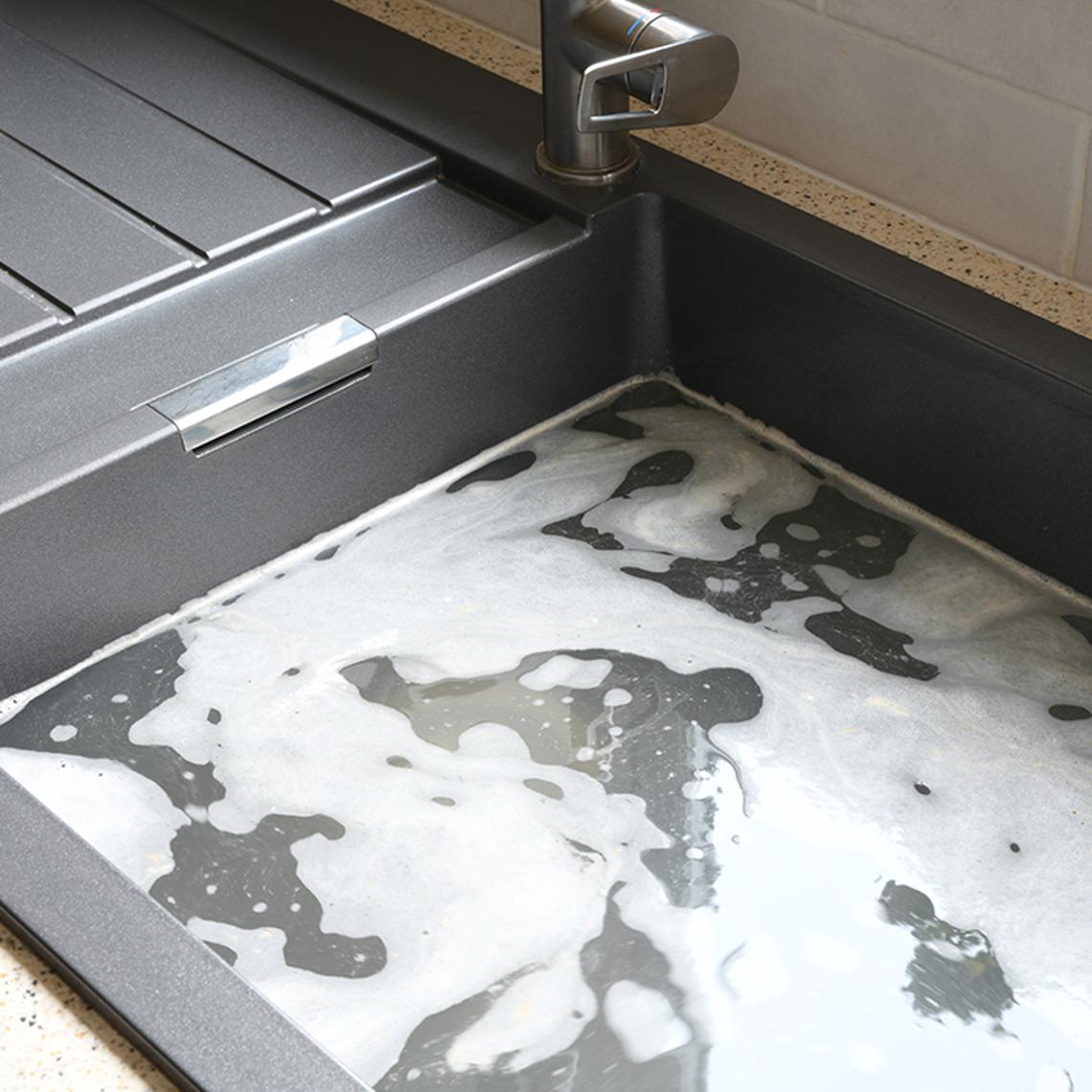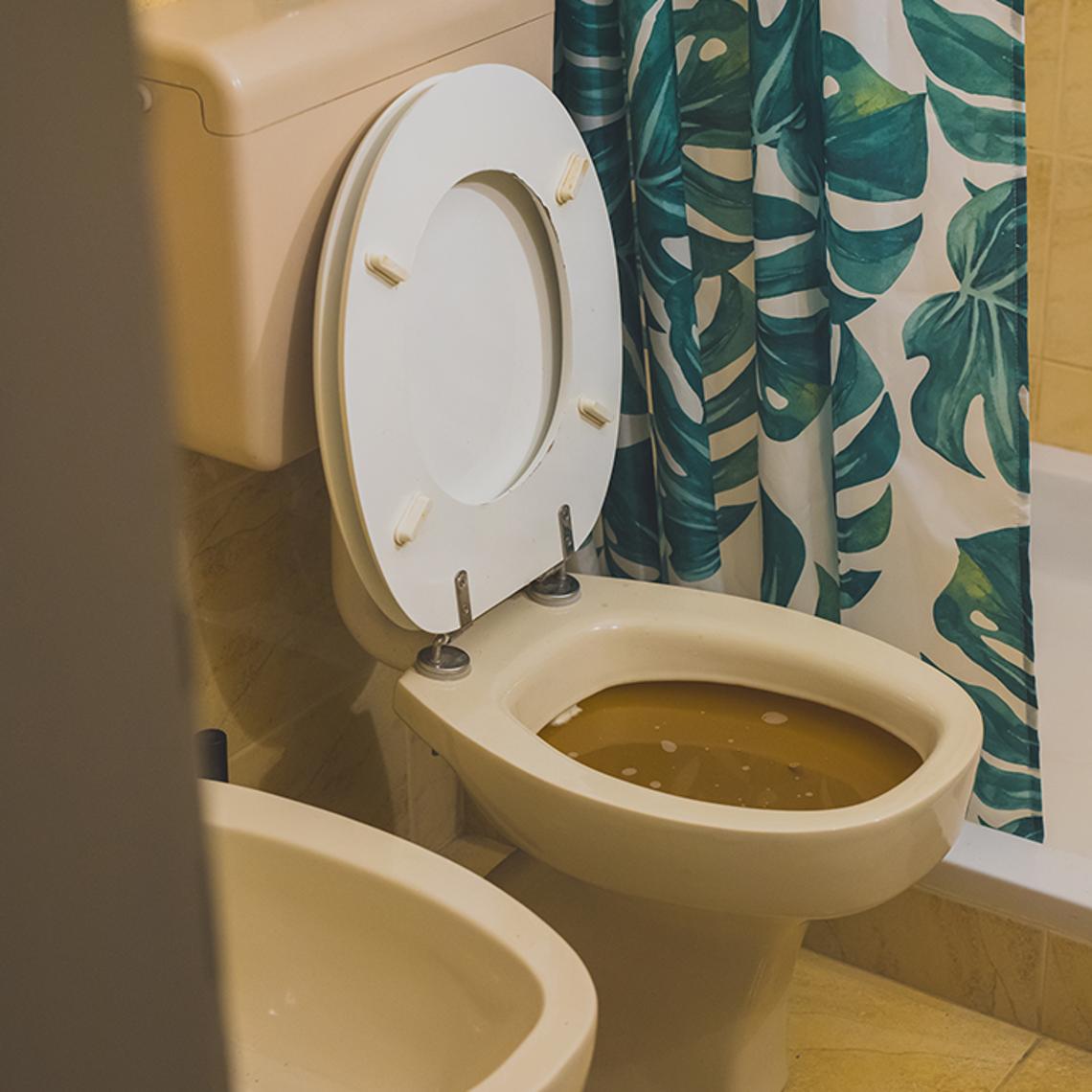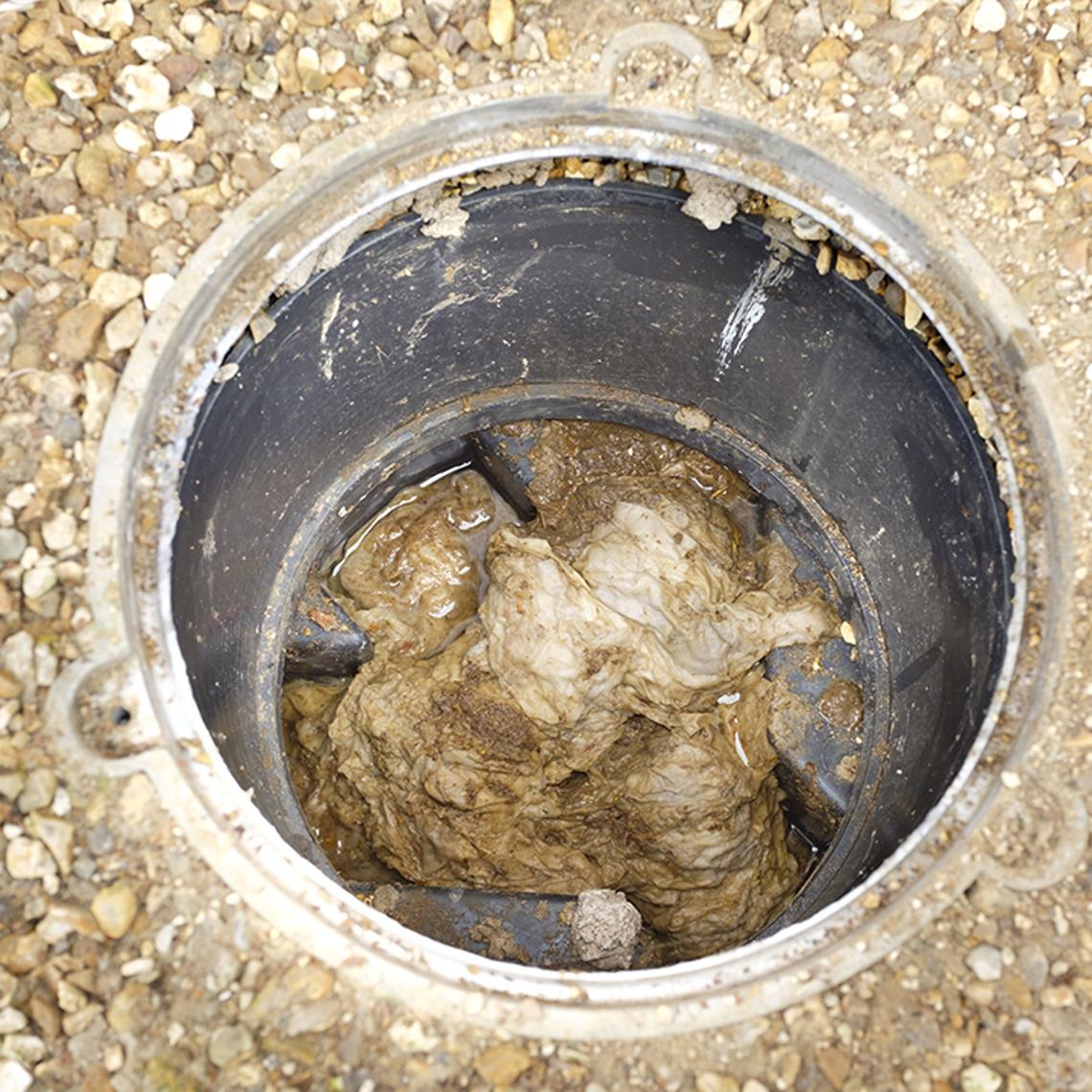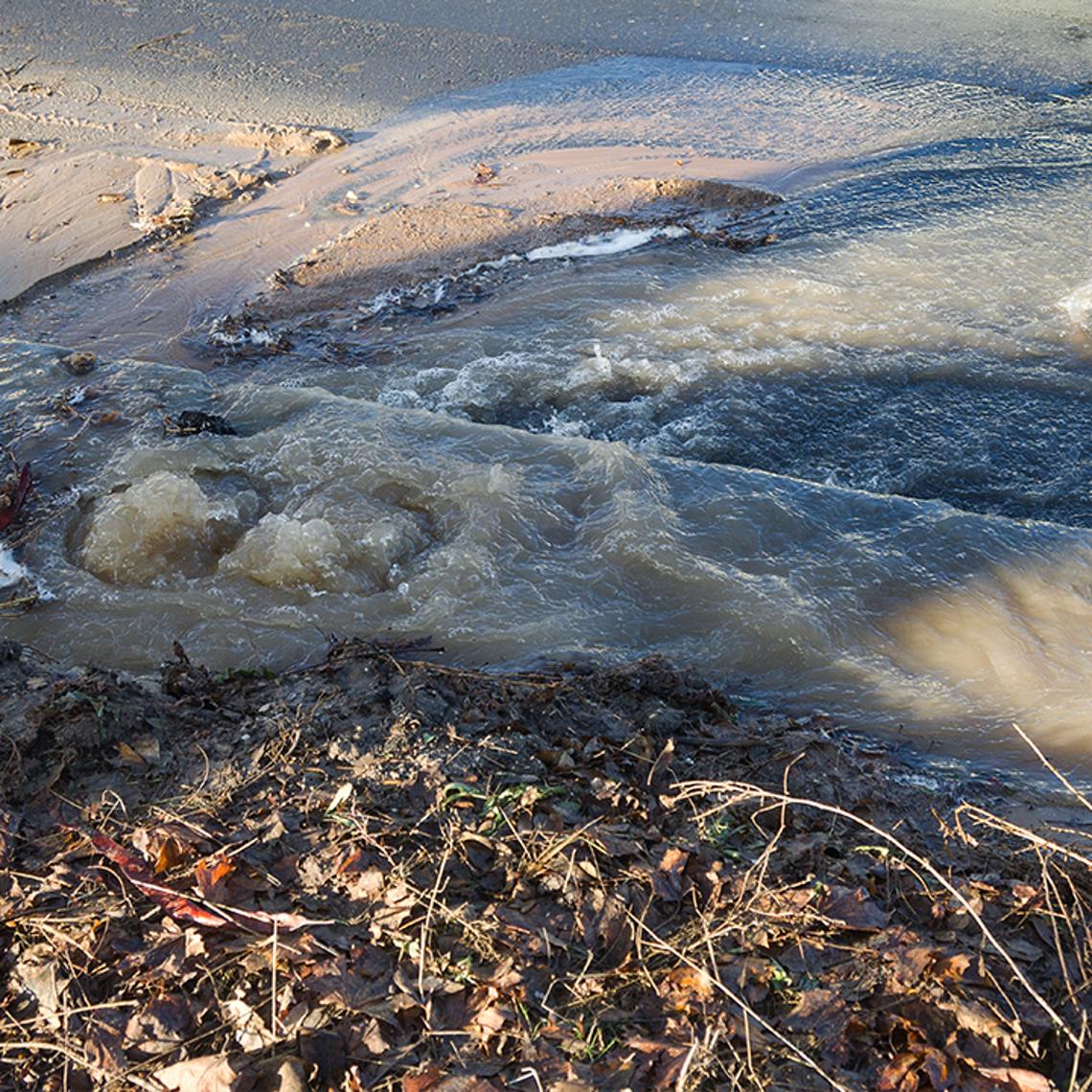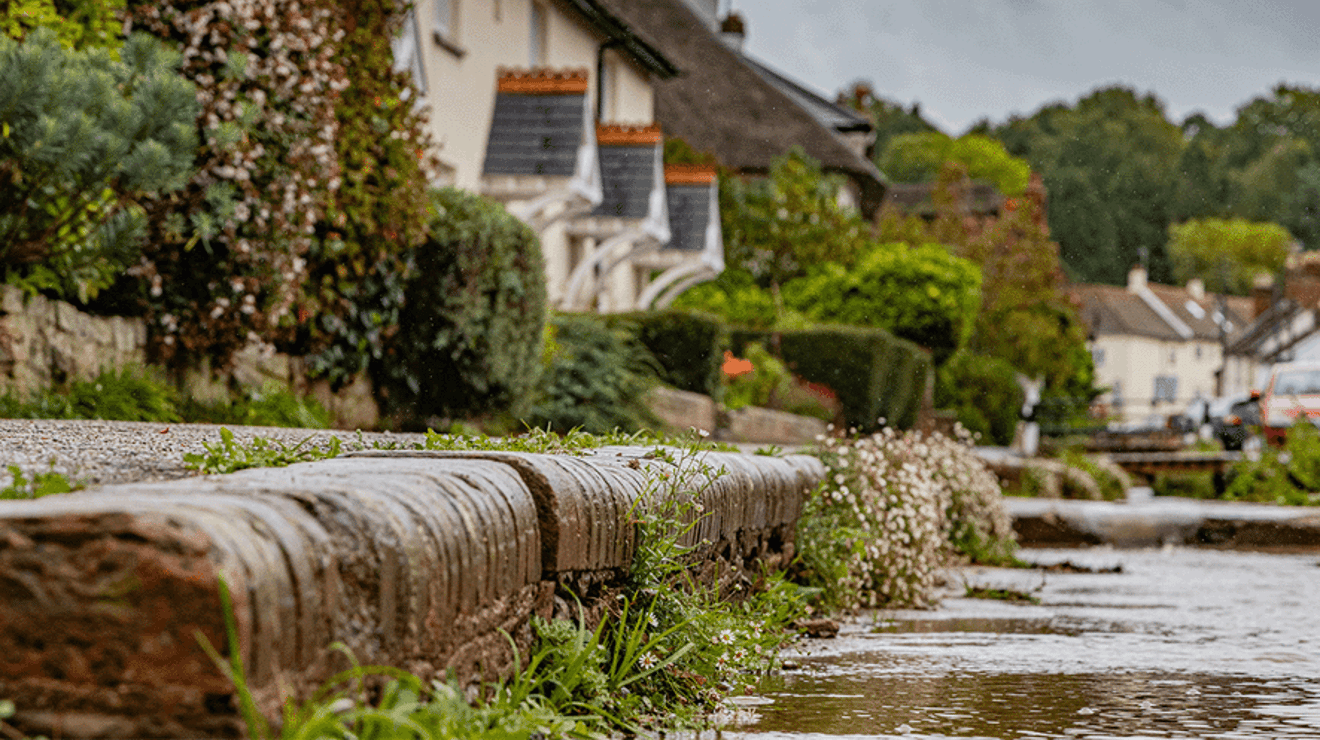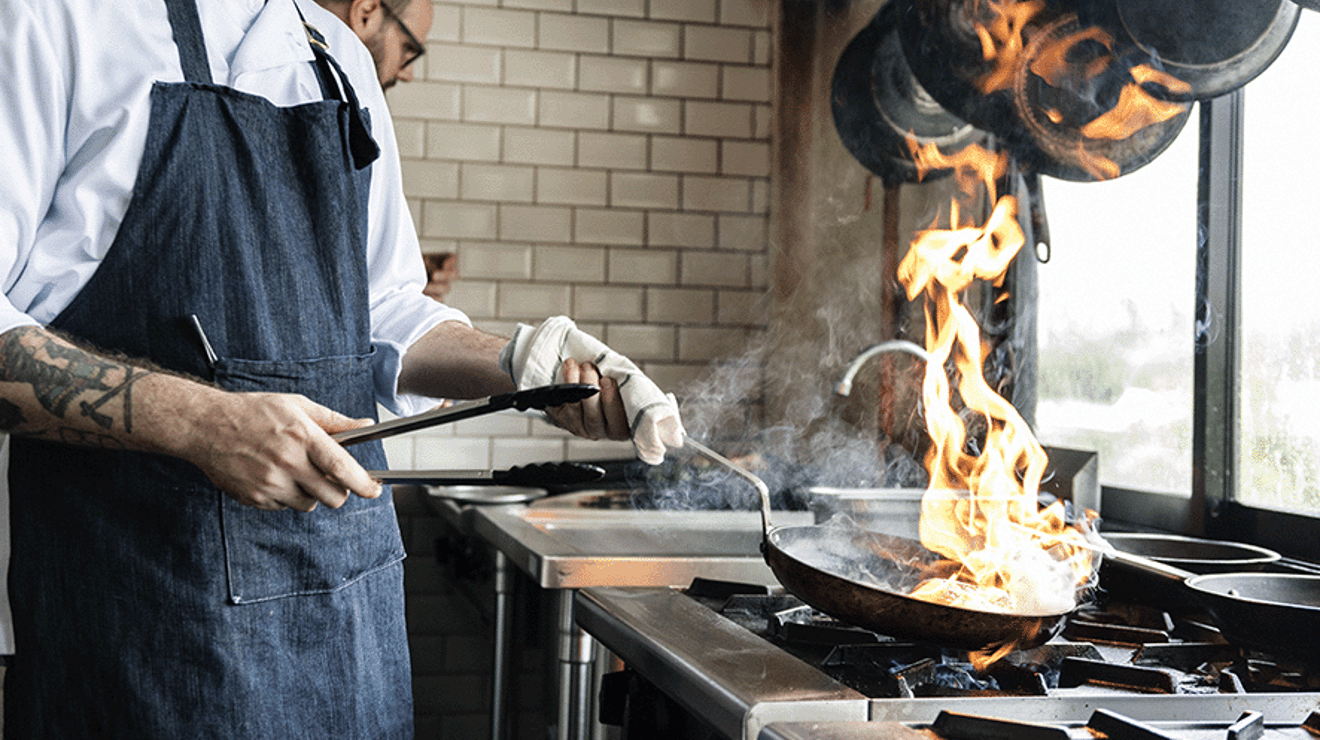Keep your drains flowing freely
The wastewater system protects your home and community by transporting waste so it can be treated. This is essential for good hygiene and wellbeing. It’s also important for the environment.
If people put the wrong things down sinks and toilets, blockages form. If drains and sewers get blocked, they can back up and spill waste in your home, garden or neighbourhood.
Blockages can also cause sewer pipes to burst, causing waste to leak out into the environment.
By binning anything that can cause a blockage, you can help keep the drains flowing freely.
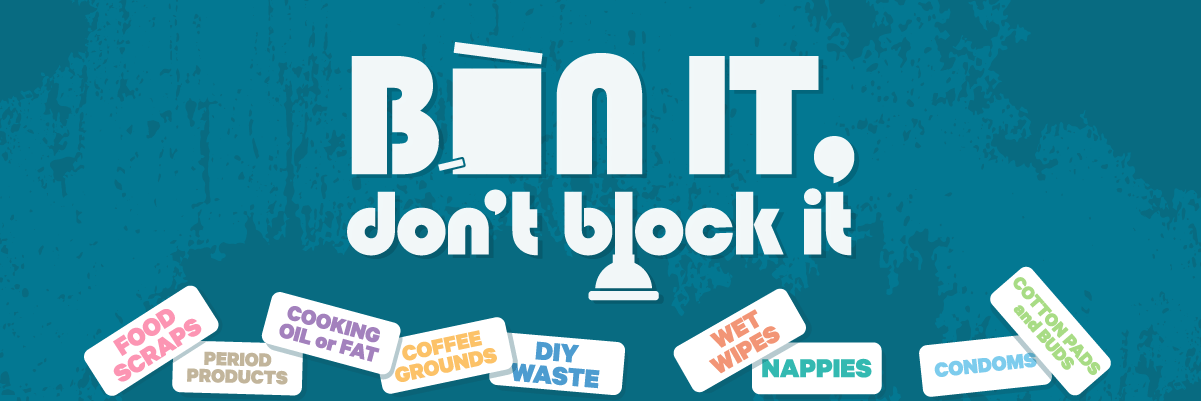
Why do pipes get blocked?
About 75% of blockages happen because the wrong things have been poured down sinks or flushed down toilets.
Drains can be as narrow as 15cm in diameter. They’re easily blocked by things like wet wipes, hardened cooking fat and period products. This waste mixes together to form hard lumps that clog the drains.
A blockage is horrible to sort out and can be expensive to fix – up to £250 (and if your blockage impacts your neighbours, you might have to pay to unblock theirs, too).
Click on the options below to reveal the answers
What does a blockage cost?
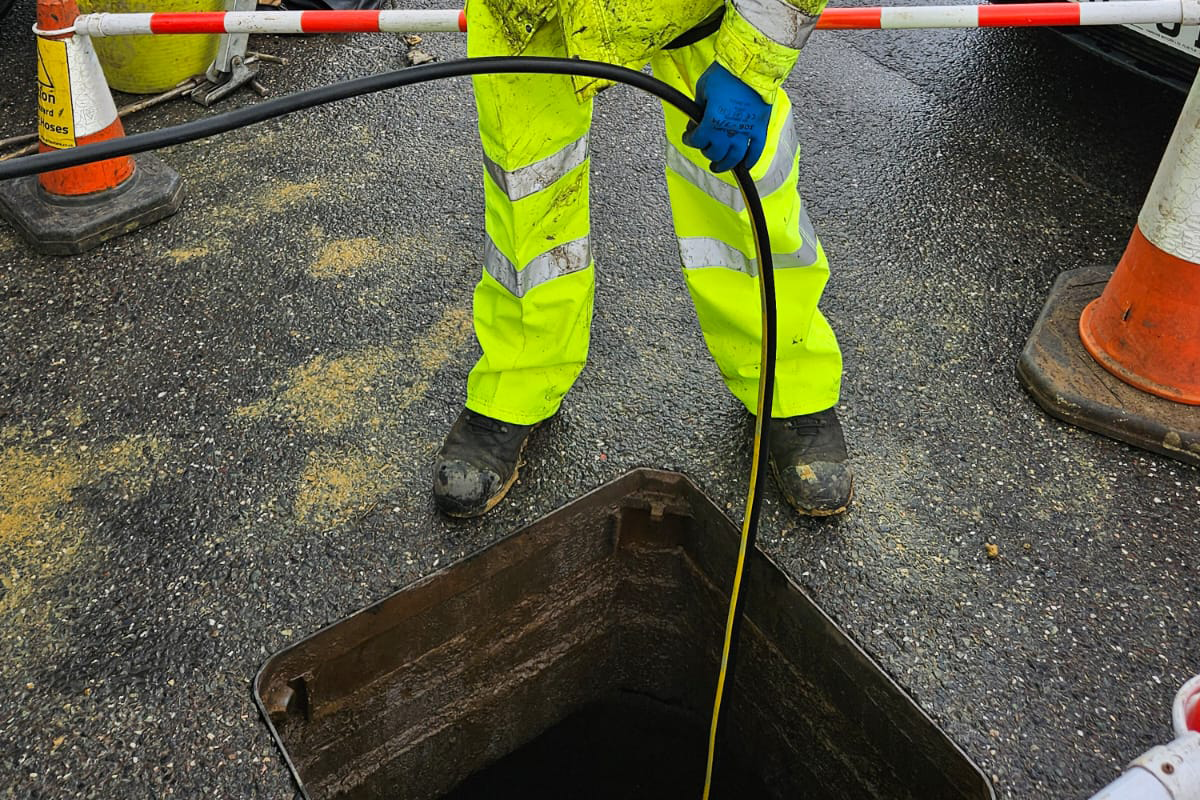
It costs up to £250 to clear a blockage (and you might need to pay for neighbours too).
This isn’t the only cost – you might have damage to your home, causing unpleasantness and inconvenience as well as time off work to sort out.
In the wider community, blockages can cause burst sewers, which causes smell, inconvenience and disruption as well as potential harm to wildlife.
Love your loo
Only put the 3Ps down the toilet – pee, poo and paper. Everything else needs to go in the bin.
Even wipes that claim to be flushable should be binned, not flushed. They still take much longer to break down than toilet paper, so they can cause blockages.
According to Water UK, wet wipes make up about 93% of the material found in sewer blockages.
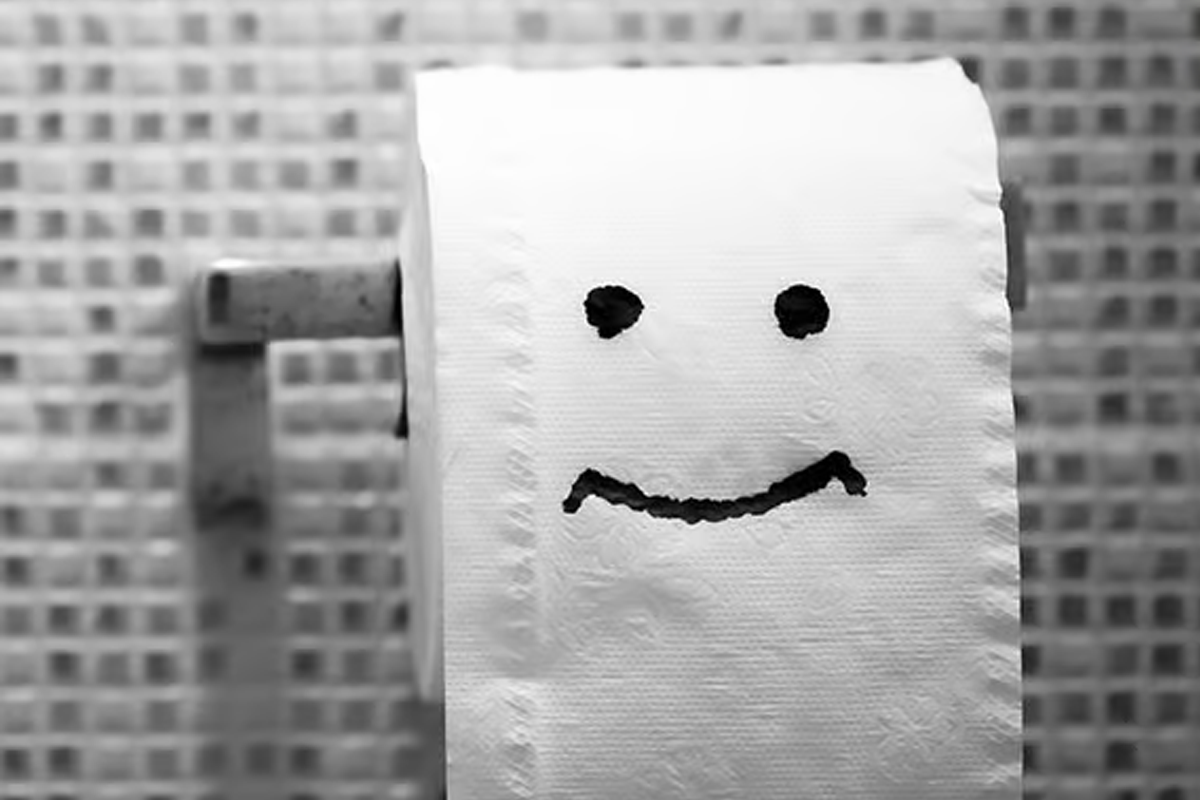
Think sink
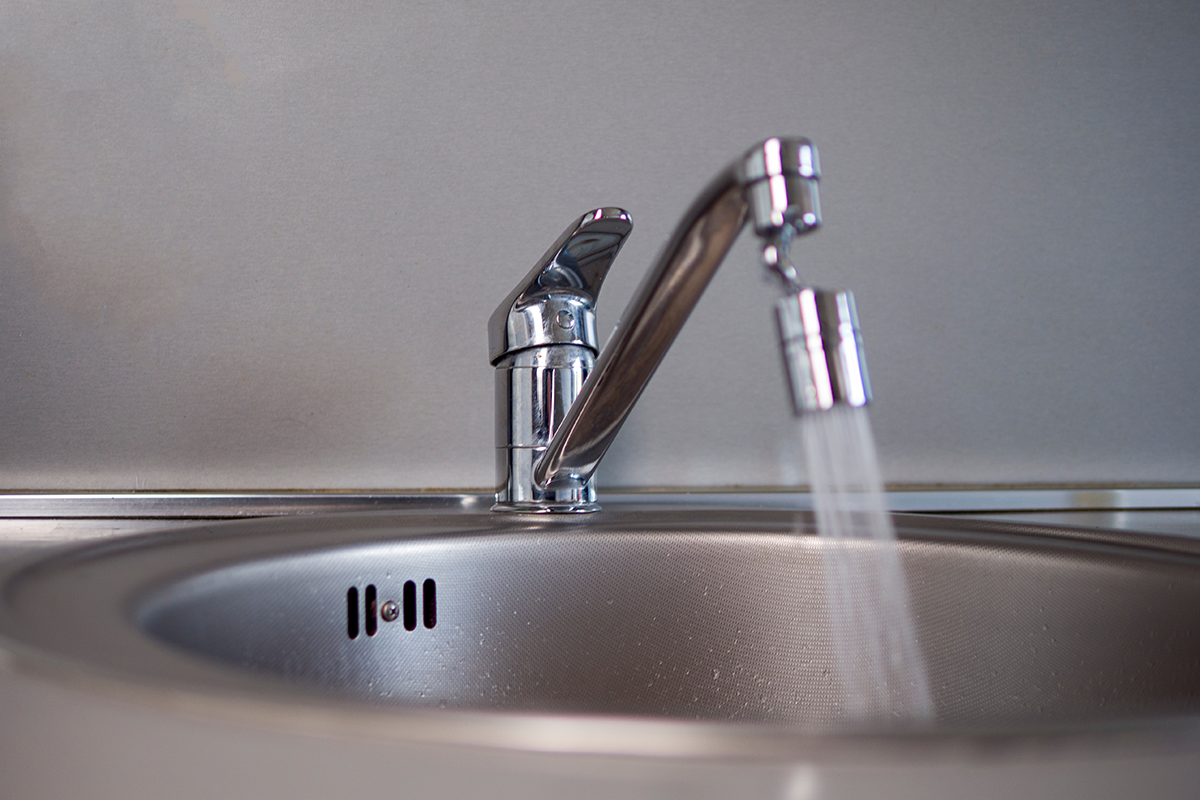
Don’t put food scraps, cooking fat or grease down the sink. Scrape them into the bin instead (make sure any hot fat has cooled first).
You can use a gunk pot (an old yoghurt pot or similar) to put greasy stuff in before binning it.
